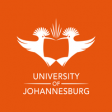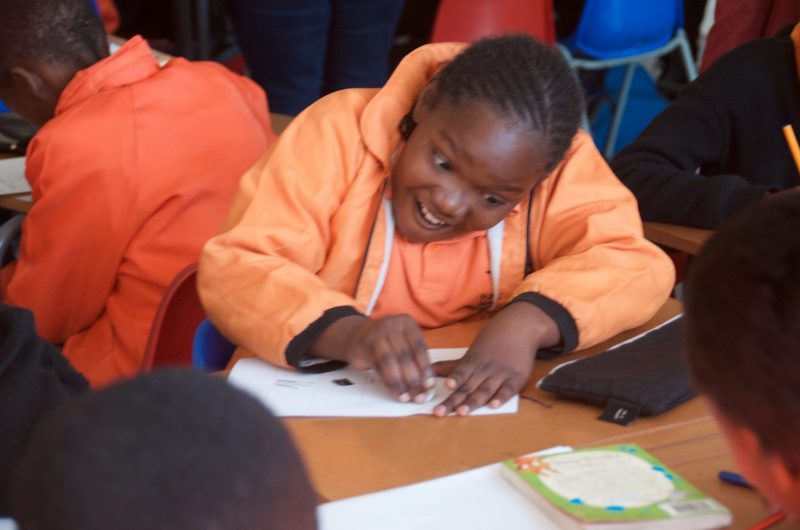Authors: Caroline Long, Tim Dunne & Gabriel Mokoena
For some time, education departments have believed that the more we test, the more likely it will be that the education system will improve. However, there has been little substantial improvement in the areas of greatest need. Obviously socio-economic disadvantage needs to be factored in. Another possible problem is that teachers are not highly committed to systemic-type assessments, which have little meaning for them, and bear little relation to classroom assessments.
The question guiding this research was: ‘How may a nationwide assessment programme be envisaged, and constructed, such that it involves all the important role players, particularly teachers, in the design of a continuous range of mathematics tests covering Grades R through 12, accessible for regular use by teachers in their own classrooms?’
The authors of this study see teachers as agents, not passive objects. They propose that teachers should be included in the cycles of an assessment programme. Such inclusion will position the teachers in their rightful place, rather than making them and their learners merely objects of the exercise.
The authors argue further that teachers should be not only transmitting the knowledge, culture and skills of previous generations, but also acting to re-shape society by encouraging students to engage creatively with knowledge, culture and skills.
Through the use of Rasch measurement theory, together with the input of subject experts, it is now possible to obtain precise measurements of student performance and progress in a particular subject area. The assessment model includes a monitoring component, a formative component and a professional development component.
The study proposes an assessment process that does not only report general trends for systemic purposes. But one that is also suitable for teacher use, giving insights into individual learner progress.
The study concludes that a shift is required in our beliefs about assessment and its role in achieving effective schools. The belief that reward and punishment are motivating factors is no longer relevant for teachers or learners in the 21st century.
The focus should rather be on a wide range of assessment types that require students to present their work in the form of portfolios, projects and presentations. Learners involved in their own assessment acquire a sense of agency over their own learning. In addition, assessment needs to inform instruction and affirm the self-worth of teachers. Finally, a redirecting of funds to classroom support is needed to achieve this shift.

